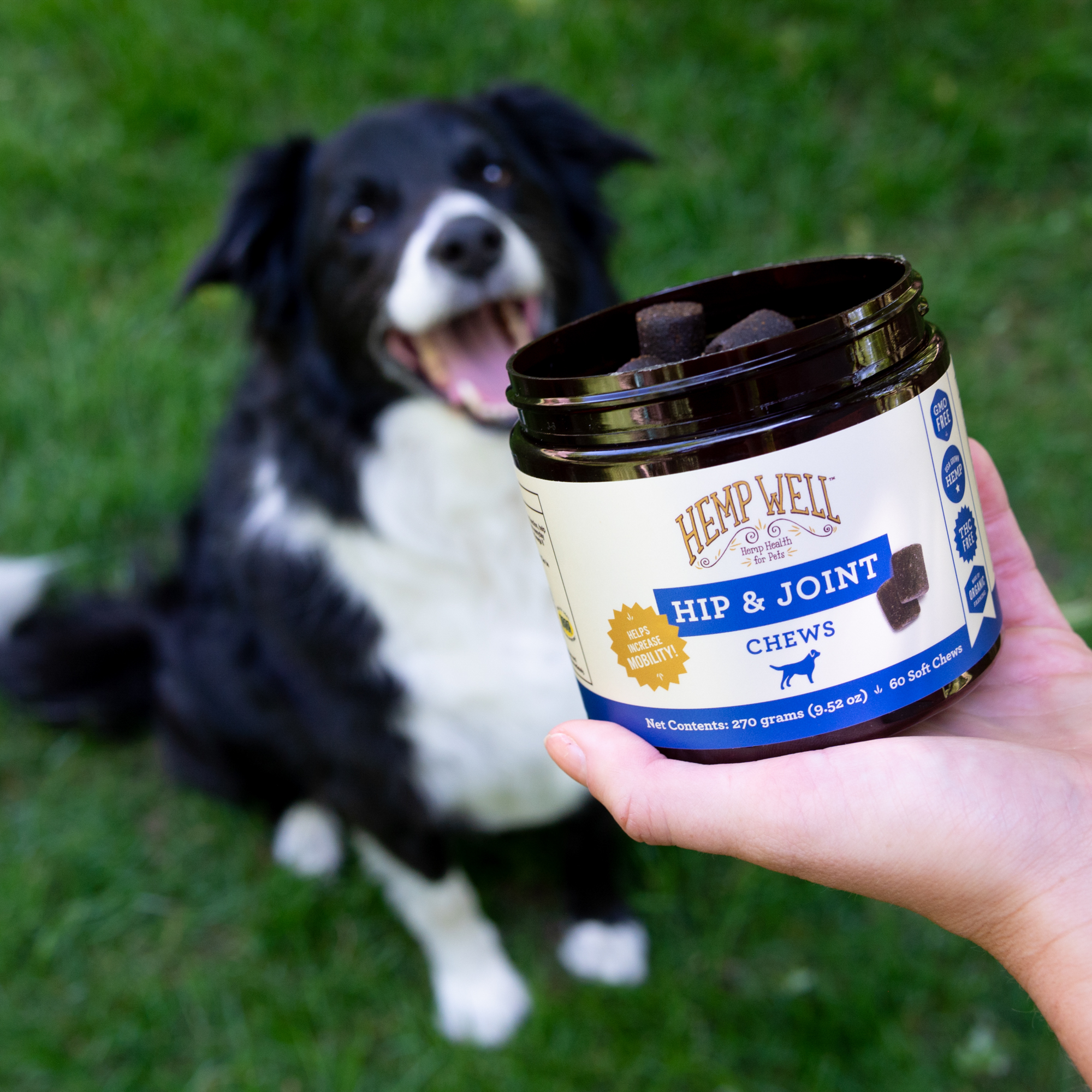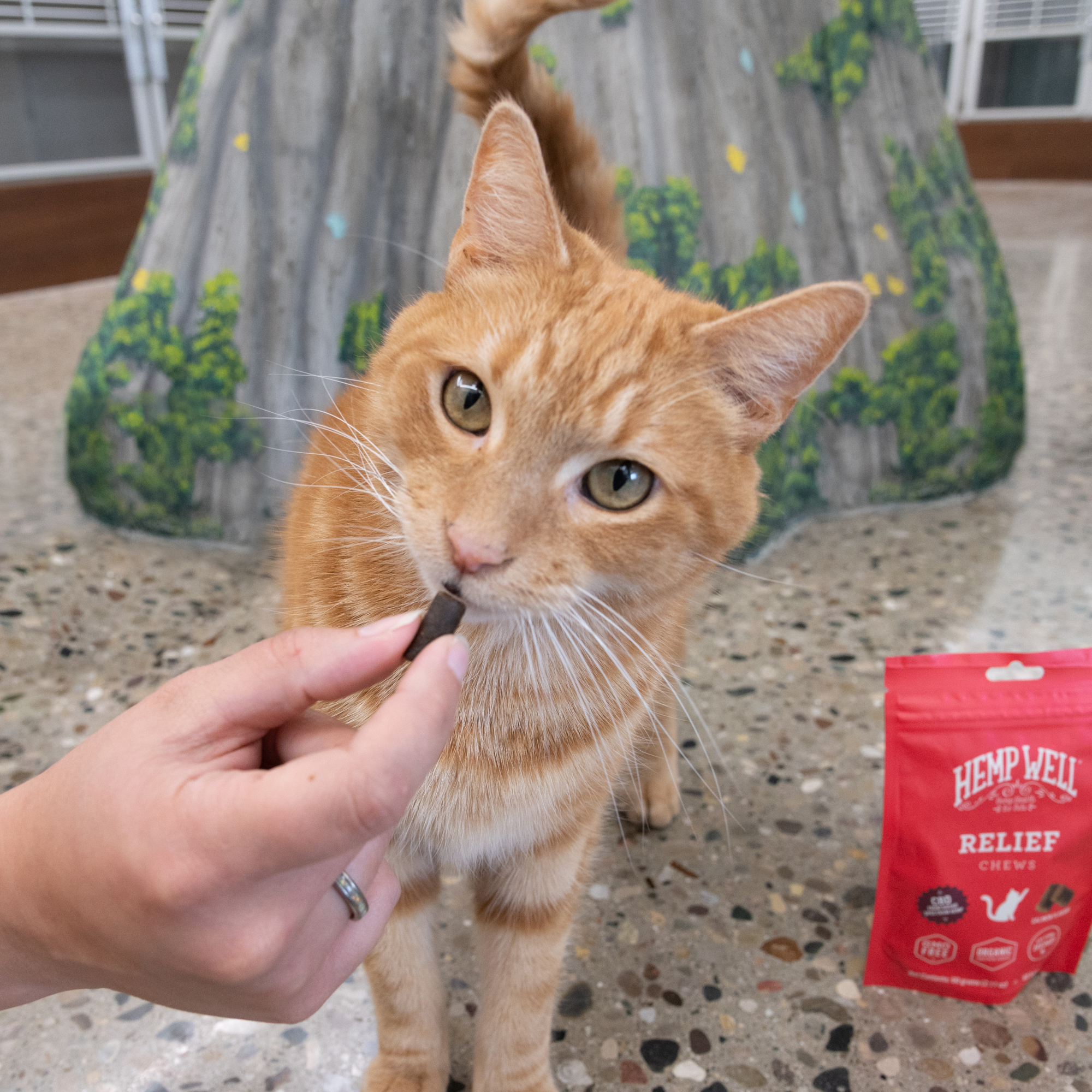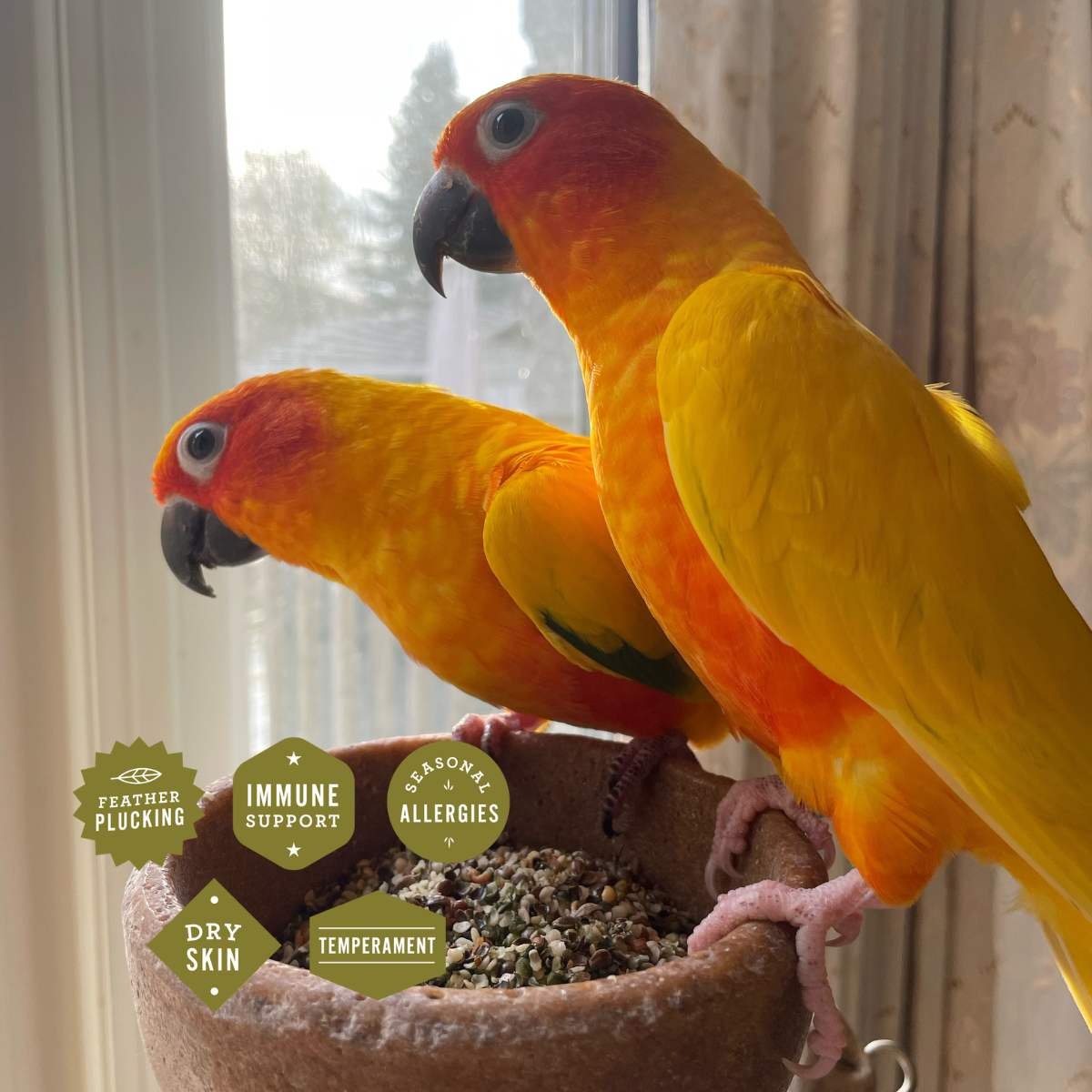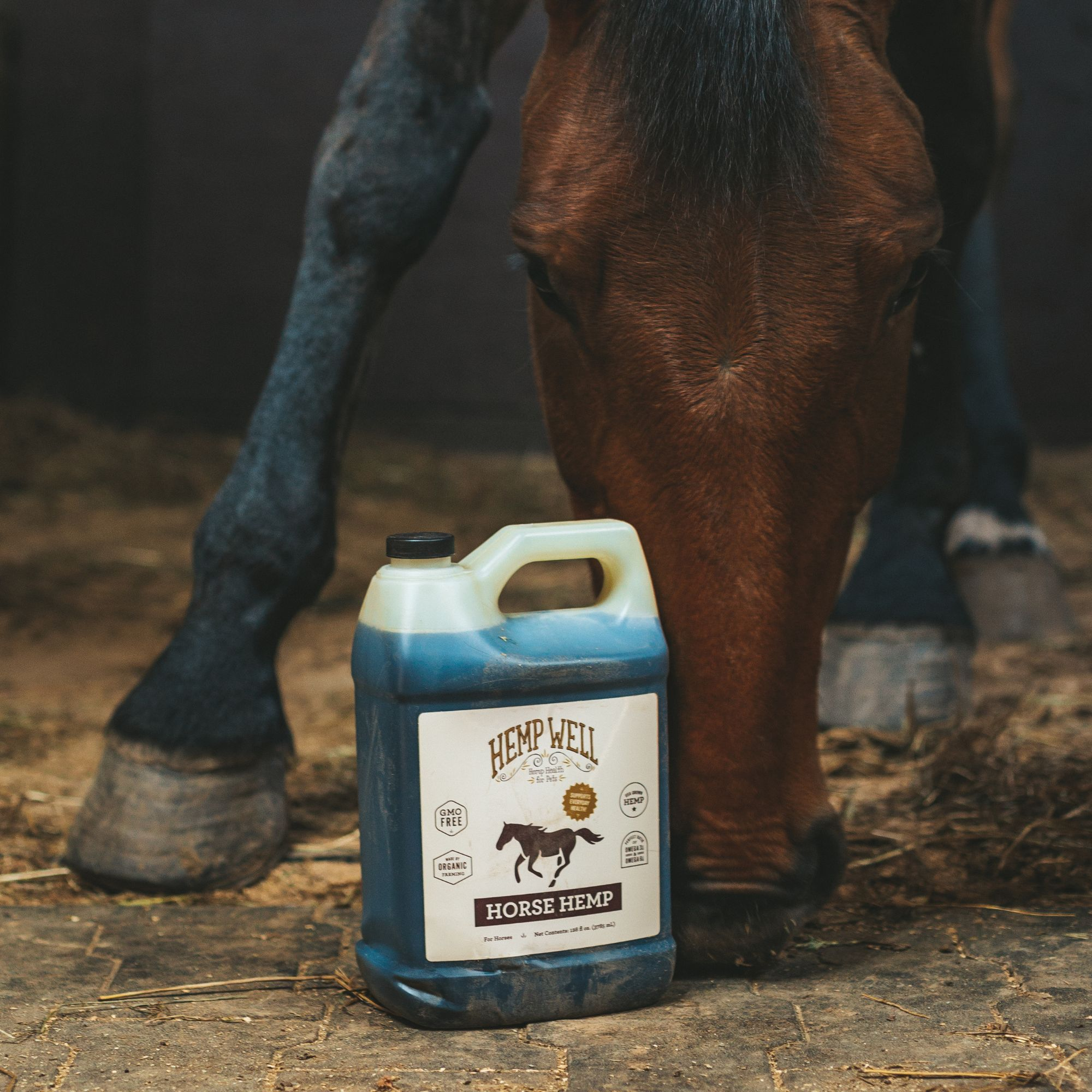How to Get Rid of Dog Smell in Your Home (Naturally)
We love our dogs, but sometimes the doggy smell can be a bit too much. Whether you want to freshen your home for guests or just enjoy a cleaner living space, these steps can help reduce pet odor safely and effectively.
9 Proven Steps to Reduce Dog Odor
- Regular Bathing: Use a dog-safe shampoo every 4–6 weeks (or as recommended by your vet). Avoid over-bathing, which can strip natural oils and cause skin issues.
- Consistent Grooming: Brush your dog frequently to remove loose fur and dander, which are major odor contributors.
- Clean Their Belongings: Wash bedding, blankets, and plush toys weekly. Use a pet-safe detergent to keep them smelling fresh.
- Vacuum and Mop: Hair and dander collect in carpets and on furniture. Regular vacuuming (with a HEPA filter) and mopping will drastically cut down odors.
- Air Out Your Home: Open windows daily to let in fresh air and reduce stale smells.
- Use Pet-Safe Odor Neutralizers: Enzymatic cleaners break down organic matter (like urine) that causes stubborn smells instead of just masking them.
- Control Access: Consider limiting your dog’s access to furniture or using washable slipcovers to make cleanup easier.
- Skin & Coat Support: A healthy coat means less odor. Try Hemp Well Organic Skin Spray to keep your dog’s coat fresh and nourished between baths.
- Rule Out Medical Causes: Persistent odor could be a sign of ear infections, dental disease, or skin conditions. A quick vet check can help ensure there’s no underlying issue.
Extra Tips for a Fresher Home
- Invest in an air purifier with a HEPA filter to capture pet dander and odor particles.
- Use washable throw rugs in areas your dog frequents for easy laundering.
- Consider adding hemp omegas to your dog’s diet—healthy skin produces less odor.
Some natural dog smell is completely normal, but these steps can help create a cleaner, fresher environment for you and your pup.
Related Reading
- What Can You Give a Dog for Pain?
- 5 Ways to Calm Down a Hyper Dog
- Why Dogs Lick Their Paws (and When to Worry)









